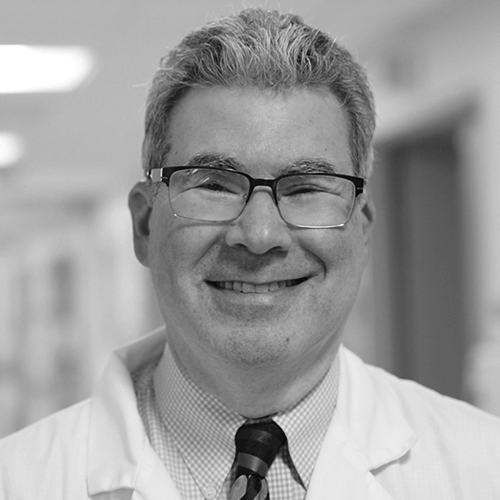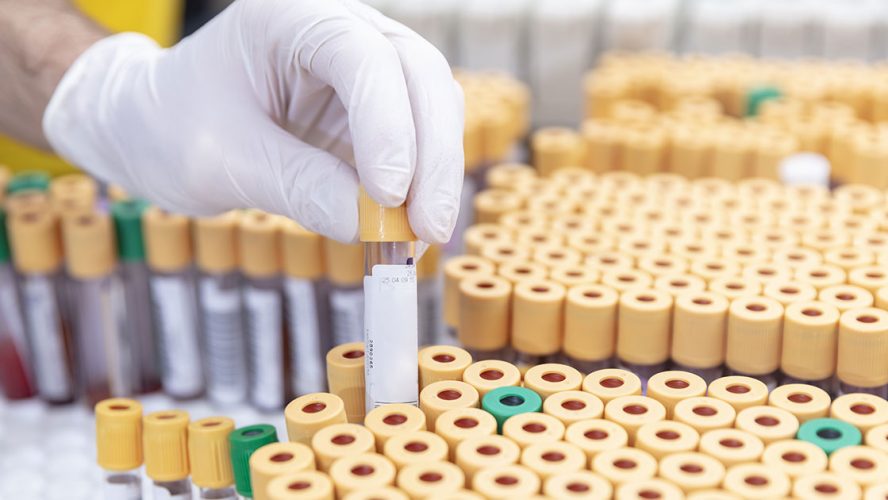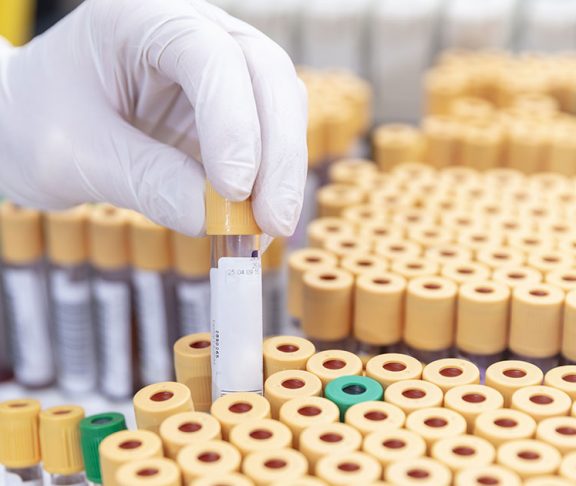
Martin S. Tallman
2021 President, American Society of Hematology (ASH); Chief of Leukemia Service, Memorial Sloan Kettering Cancer Center; Professor, Weill Cornell Medical College
Do you know anyone with anemia? Or someone who has suffered from blood clots, excessive bleeding, or a chronic blood disease? Have you or has someone you know had a blood cancer, such as leukemia, lymphoma, or myeloma?
Hematologists often take care of people with these diseases and conduct laboratory and clinical research to develop better treatments. The American Society of Hematology (ASH) is working with scientists, research institutions, pharmaceutical companies, and policymakers. The goal? To accelerate scientific discovery, drug development, and administration of new therapies to conquer blood diseases for people worldwide.
Cutting-edge discoveries in hematology
In recent years, hematologists have made incredible strides in research that have revolutionized the treatment of serious blood diseases. Bone marrow transplantation has become a cure for multiple cancers, sickle cell disease, and other life-threatening blood diseases. Additionally, children are routinely cured of acute lymphocytic leukemia — a cancer that had a 100 percent fatality rate as recently as the 1960s.
Will you help us find a match for everyone in need of a lifesaving blood stem cell donation?
The development of small molecule inhibitors has improved cancer outlook while increasing treatment tolerability. For example, improving the prognosis for once treatment-resistant forms of acute myeloid leukemia, and turning a previously lethal chronic myeloid leukemia in adults into a disease that can now be managed with a daily pill.
Treatments for some blood disorders have improved due to tremendous progress in research and development. However, there is still work to do. As a result, a variety of blood-related diseases — from cancers like lymphoma and leukemia, to non-malignant diseases like platelet and bleeding disorders, and rare diseases of the blood-forming system — continue to be associated with significant health problems and premature death.
ASH members are dedicated to reducing the burden of these diseases and improving the quality of care for hematology patients worldwide.
The first understood molecular disease
For example, sickle cell disease (SCD) is an inherited blood disorder that affects nearly 100,000 Americans and occurs among about 1 out of every 365 Black or African-American births. By 2050 the number of people with SCD is expected to increase by about 30 percent globally. SCD causes red blood cells to become rigid and sickle-shaped. This leads to reduced oxygen flow to almost every organ. Consequently, it causes severe pain, stroke, organ damage, and even death.
ASH launched a multifaceted, patient-centric initiative. This will improve outcomes for individuals with the disease that brings together stakeholders in the public and private sectors. Therefore, they can address the burden of the disease globally.
Learn more about ASH’s efforts by visiting hematology/org/SCD.
There has been tremendous progress with the recent approval of two additional treatment options for those living with SCD. Subsequently, several research teams from around the globe are using the latest advancements in precision medicine to develop potential cures. This includes using gene therapies and genome editing techniques to correct the genes that cause this disease.
It’s still too early to deliver many of these therapies and cures to most people who need them. However, scientists are hard at work making them a reality.
Get involved in hematology
By becoming an advocate for hematology, you can help increase awareness about blood disorders. Additionally, you’ll support state and federal funding for research. Above all, this is critical to making this exciting science count for patients.
To learn more about blood health and to see how you can get involved, visit www.hematology.org/patients. If you would like to donate to our efforts to conquer blood diseases, please visit www.hematology.org/foundation. Your entire donation will be used to support hematology programs.

